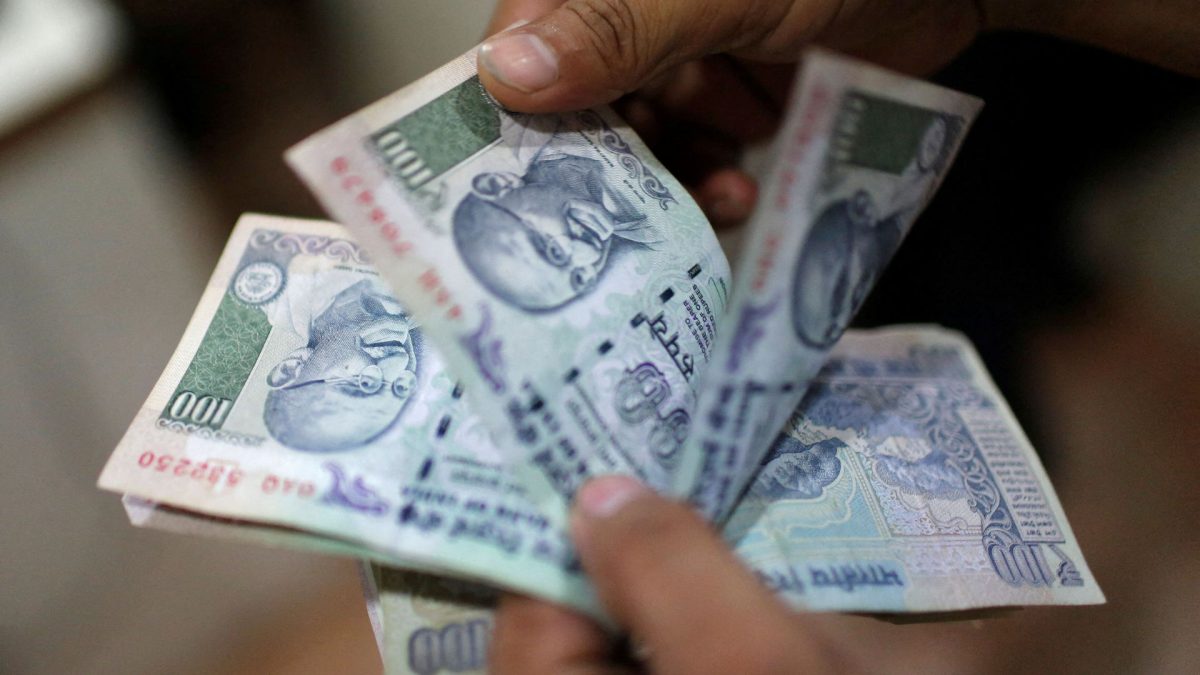The timing of the measure is significant as nearly 90 per cent of India’s exports to South Asia in 2024–25, worth about $25 billion, were directed toward these neighbouring economies
The Reserve Bank of India (RBI) has unveiled a set of measures aimed at pushing the Indian Rupee (INR) closer to global acceptance.
According to The Economic Times, the announcements, made on Wednesday, are part of the central bank’s broader strategy to internationalise the rupee, allowing it to be used more widely in cross-border trade, finance and investment.
Loans in rupees for neighbouring nations
In its first major step, the RBI said that authorised dealer (AD) banks will now be permitted to extend loans in Indian Rupees to non-residents from Bhutan, Nepal and Sri Lanka for trade-related transactions. This move is expected to deepen regional integration and anchor the rupee as a settlement currency in South Asia.
The timing of the measure is significant as nearly 90 per cent of India’s exports to South Asia in 2024–25, worth about $25 billion, were directed toward these neighbouring economies.
By offering financing in rupees, the RBI hopes to reduce dependence on third currencies such as the US dollar for settlement.
Transparent reference rates for trade
The central bank also announced plans to introduce transparent reference rates for currencies of India’s key trading partners, beyond the existing practice of publishing reference rates only for the US dollar, euro, yen and sterling.
Deputy Governor T Rabi Sankar explained that establishing reference rates for currencies like the Indonesian rupiah and UAE dirham will help reduce reliance on cross-currency conversions.
By offering predictable benchmarks, the RBI aims to make invoicing and settlements in rupees more attractive to exporters and importers, enhancing the rupee’s credibility in international markets.
Wider use of Vostro balances
A third measure targets the expansion of Special Rupee Vostro Accounts (SRVAs), which are accounts maintained by foreign banks with Indian banks to settle trade in rupees.
Currently limited to trade-related transactions and government securities, these balances will now be eligible for investment in corporate bonds and commercial papers.
This step is expected to boost demand for rupee-denominated assets, strengthen India’s capital markets and provide foreign players with more avenues to deploy their surplus funds in India.
A step toward rupee globalisation
The latest measures build on earlier initiatives, such as bilateral rupee trade agreements and the promotion of UPI for cross-border payments.
By facilitating loans, improving transparency, and expanding investment options, the RBI is laying the groundwork for a gradual but steady path toward making the rupee a truly international currency.
End of Article

)
)
